Climate Sciences
Paleoclimate
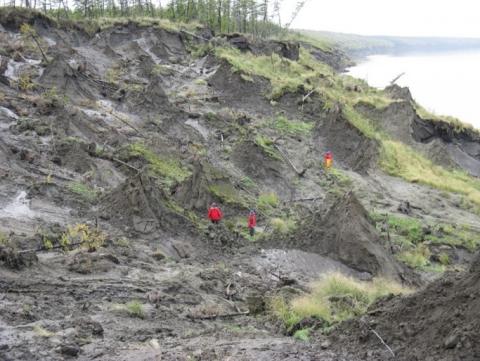
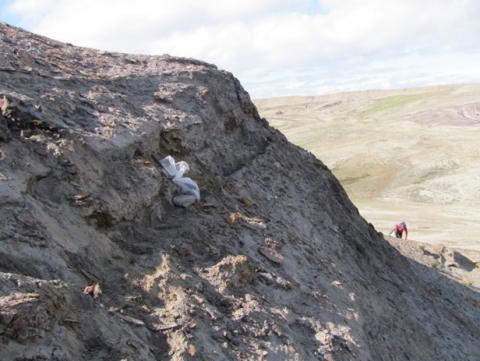
Field expedition in Northeastern Siberia Field expedition in Banks Island, Canada
We study how Earth’s climate changes across seasonal to million-year timescales (Dr. Schubert)
Geobiology
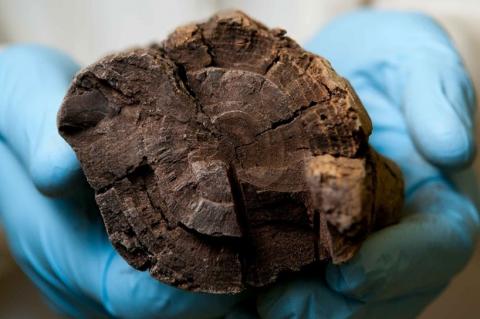
We study living and fossil plants to better understand geological and biological processes, including plant responses to changing atmospheric CO2 levels. This includes measuring the stable isotope composition of Carbon, Oxygen, and Nitrogen in organic substrates to better understand plant and ecosystem response to environmental change. (Dr. Schubert)
Carbon sequestration in wetland ecosystems
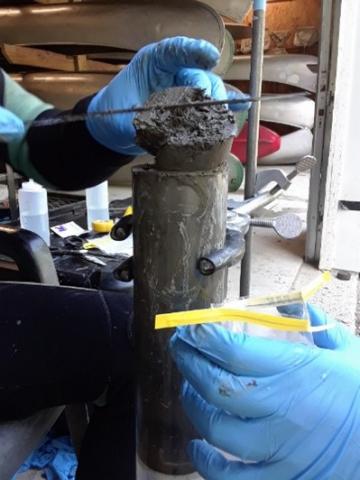
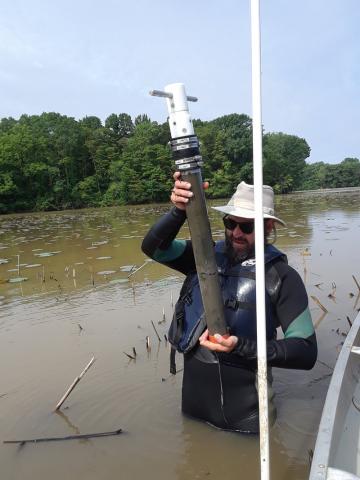
Sampling of shallow soil core
Wetlands function as massive carbon pools by storing organic matter in their soils and sediments. Quantifying current carbon accumulation rates and its variation in wetland landscapes is paramount to understand the potential to mitigate climate change and design wetland conservation strategies. (Dr. Villa)
Methane fluxes in wetland ecosystems
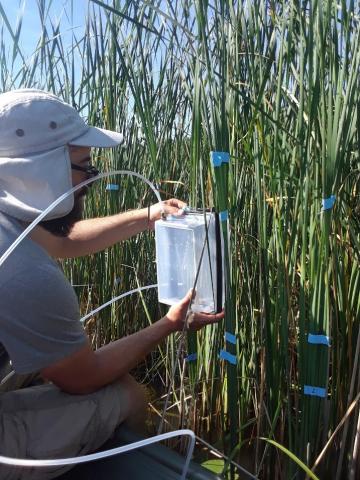
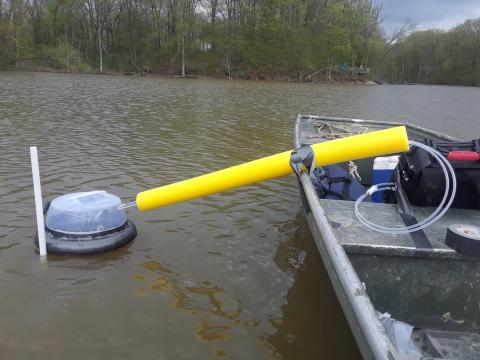
Measuring methane fluxes from the water column
The same conditions that lead to carbon sequestration in wetlands lead to the production and eventual emissions of methane, an important greenhouse gas. The flux of methane follows distinct pathways, including ebullition, diffusion, and plant-mediated transport. Quantifying these pathways and their variation within wetlands is crucial to refining predictive models and the accuracy of balances between methane emissions and carbon sequestration. (Dr. Villa)
Seepage of deep-sourced Methane
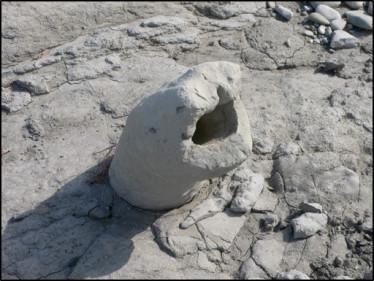
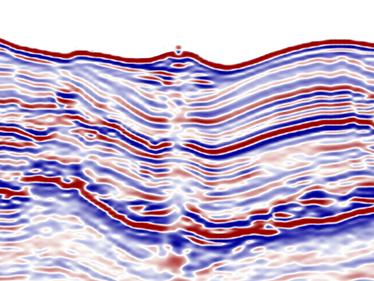
Methane-derived carbonate in Italy Mud volcano in the Mediterranean Sea
We use a multidisciplinary and integrated approach to resolve the genesis and evolution of features associated with cold seepage such as methane-derived carbonates and mud volcanoes. We explore the significance of cold seeps from local basins to the scale of the Earth system, to know more about the processes that govern methane release in the geological past and nowadays. Without knowing these processes more in detail, predictions for the future will always suffer a higher uncertainty. (Dr. Oppo)
